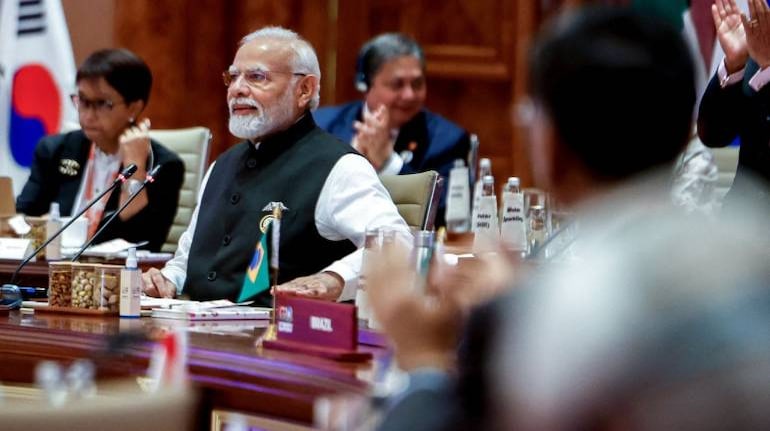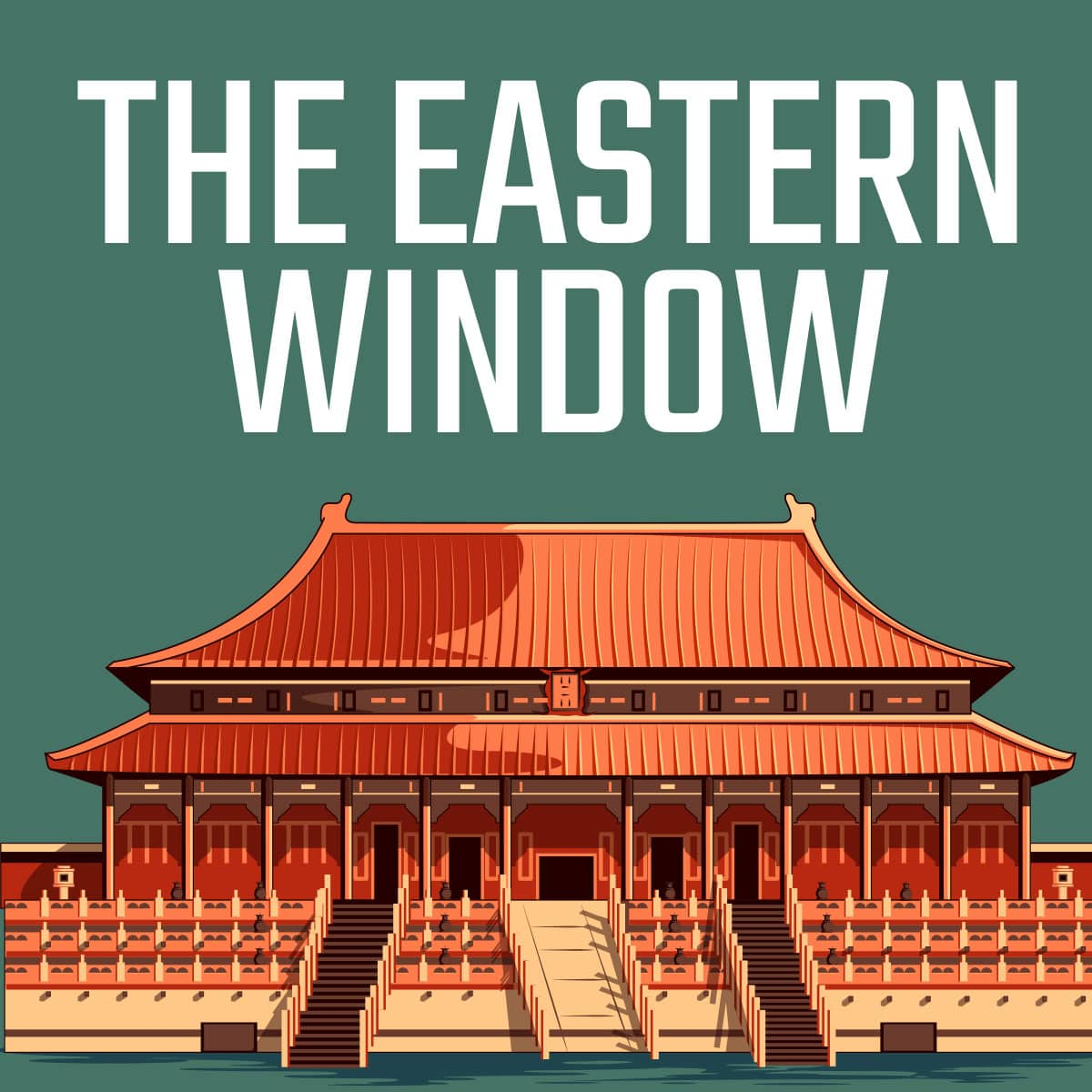
Highlights

Even the Chinese have come to accept that the India, Middle East, and Europe Economic Corridor, as the project is named, would be a challenge to BRI. It was announced in New Delhi by President Joe Biden in the presence of Prime Minister Narendra Modi, Saudi Crown Prince Mohammed bin Salman and heads of G7 countries which include Canada, France, Germany, Italy, Japan and the United Kingdom.
"The Biden administration's Middle East infrastructure plan is an apparent effort to counter the China-proposed Belt and Road Initiative (BRI), which is entering its 10th year in 2023 which brought fruitful projects to partnering countries and regions,” said Zhou Rong, a senior researcher at the Chongyang Institute for Financial Studies at Beijing’s Renmin University. “The Biden administration is again engaging in bloc politics in order to slow down China's development," he said.
Two issues spring from the narrative about the new project that promises to connect India, the Middle East and Europe through sea and rail routes. The first is about difficulties in coordinating differences in rail infrastructure, financing methods and political systems among different countries.
The second issue goes beyond India’s widening role, even in somewhat distant places like South East Asia and Africa. Are the US and its Western allies testing the waters before deciding whether to support India’s candidacy to become a member of the UN Security Council?
“Today, we all have reached an important and historic partnership. In the coming times, it will be a major medium of economic integration between India, West Asia and Europe,” Modi said.
With nearly 10 developed countries interested in countering BRI, India has a special role to play in a wide range of areas from diplomacy to transport engineering. If the programme takes off, it would raise India’s status in global affairs and satisfy Washington’s desire to use New Delhi as a means to counter China. The project can also expand India’s export market and attract fresh investments from the Middle East.
Biden sounded like someone who has just completed a victory lap. “Economic corridor. You're going to hear that phrase more than once, I expect, over the next decade”.
India and the West are hitting the BRI at its weakest moment because China is scaling down investments to deal with a slowing economy. Western countries are more worried about the influence of the BRI programme than most other aspects of Chinese diplomacy. China has built direct links with politicians, businessmen and military officers across scores of countries and indirectly negated Western influence in those areas.
An excited Italian Prime Minister Giorgia Meloni indicated that she was considering a proposal to exit from China’s BRI because Italy did not gain much from it. She was talking to the media after a meeting with Chinese Premier Li Qiang suggesting that the issue was discussed at their meeting.
"There are European nations which in recent years haven't been part of the Belt and Road but have been able to forge more favourable relations (with China) than we have sometimes managed," Meloni said, adding, "The issue is how to guarantee a partnership that is beneficial for both sides, leaving aside the decision that we will take on the BRI".
Italy is the only G7 country to sign up for the BRI programme. Rome’s withdrawal would be a severe blow to President Xi Jinping’s pet programme which is already hit by massive unpaid loans from countries that have not recovered economically since the COVID pandemic.
Rome, which will head the G7 next year, wants to go with the flow at a time when the Western world is gradually turning against China. “Italy’s reversal on the BRI should therefore be seen as driven less by economic considerations and more by the new geopolitical reality facing Europe,” said David Sacks, an expert at the Council on Foreign Relations.
The ambitious plan includes a rail link, an electricity cable, a high-speed data cable and a hydrogen pipeline, according to a document prepared by European Commission President Ursula von der Leyen.
The US also wants to use the new project to recover some of its lost influence in the Middle East particularly with Saudi Arabia and the United Arab Emirates joining it. Jon Finer, President Biden’s principal deputy national security adviser has said that the project could help “turn the temperature down” on “turbulence and insecurity” coming out of the Middle East.
“We see this as having a high appeal to the countries involved, and also globally, because it is transparent because it is a high standard, because it is not coercive,” he added.
Liu Zhongmin, a professor at the Middle East Studies Institute of Shanghai International Studies University, said the US plan to create a divide between China and Gulf countries will not work out. "It is impossible for the US to create a hedge in the short term," he said.
It is one thing to work out a paper plan and get the signatures of representatives of different countries, and quite another to implement the plan in a coordinated fashion on the ground. Some countries may have divided loyalties. Saudi Arabia which has signed up for the new plan is also a BRI participating country besides being the biggest seller of crude to China.
India would try its best to make a success of the plan which was approved in New Delhi even if it has to make some adjustments in its relationships with the Middle East. Significantly, the Prime Minister has suggested an online meeting in November, just before India relinquishes the G20 presidency, to review the decisions taken in New Delhi and go about the process of implementing them.
Discover the latest business news, Sensex, and Nifty updates. Obtain Personal Finance insights, tax queries, and expert opinions on Moneycontrol or download the Moneycontrol App to stay updated!

Moneycontrol Pro Panorama | DPI, UPI, AI and finding a tech Neverland
Sep 8, 2023 / 02:38 PM IST
In this edition of Moneycontrol Pro Panorama: China's dam in Tibet proves costly for India, cries about AI safety gains momentum, ...
Read Now
Moneycontrol Pro Weekender: The road to 2047
Aug 12, 2023 / 10:56 AM IST
According to an RBI study, we need to grow real GDP by 7.6 percent per annum to be a developed economy. And that target is eminent...
Read Now